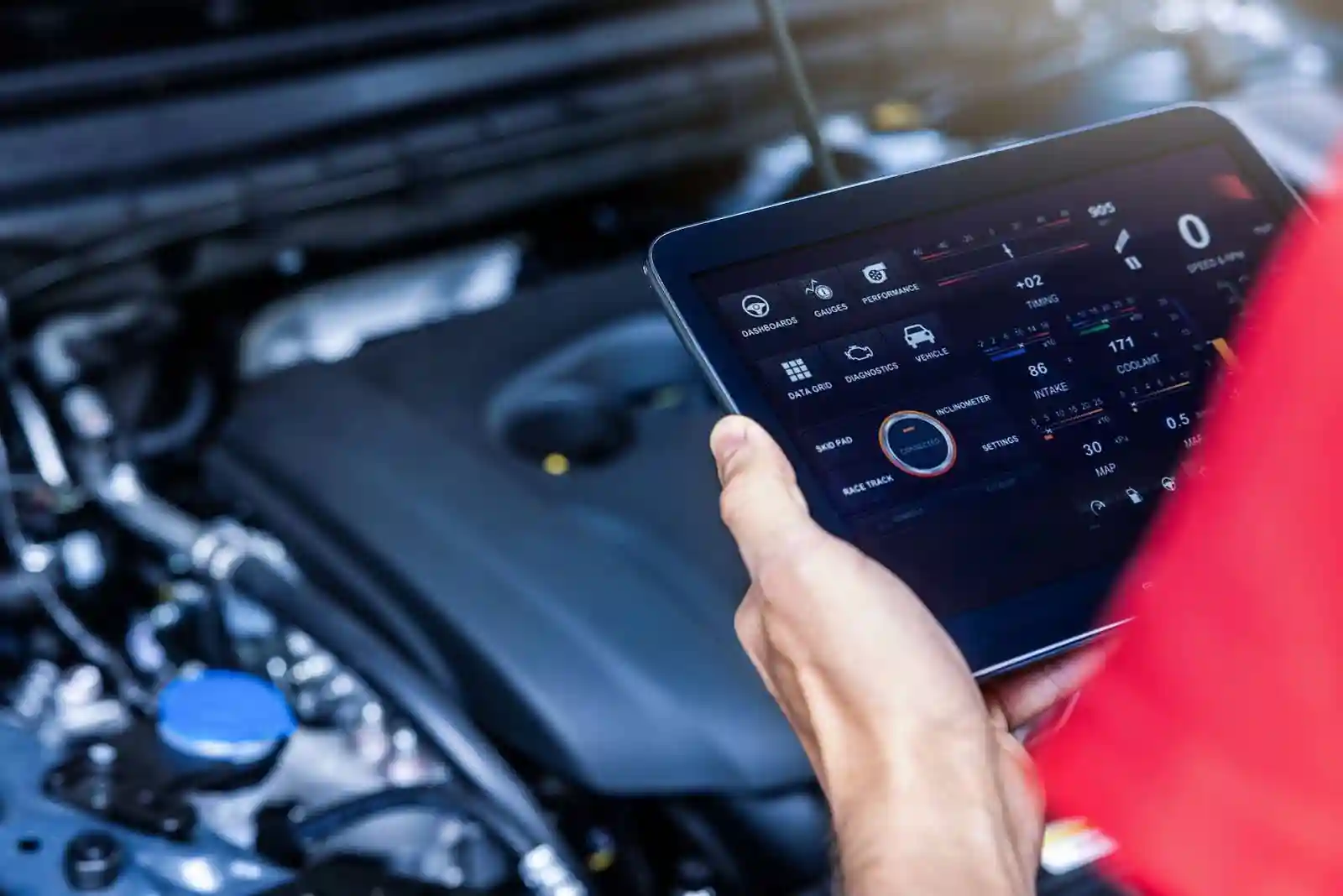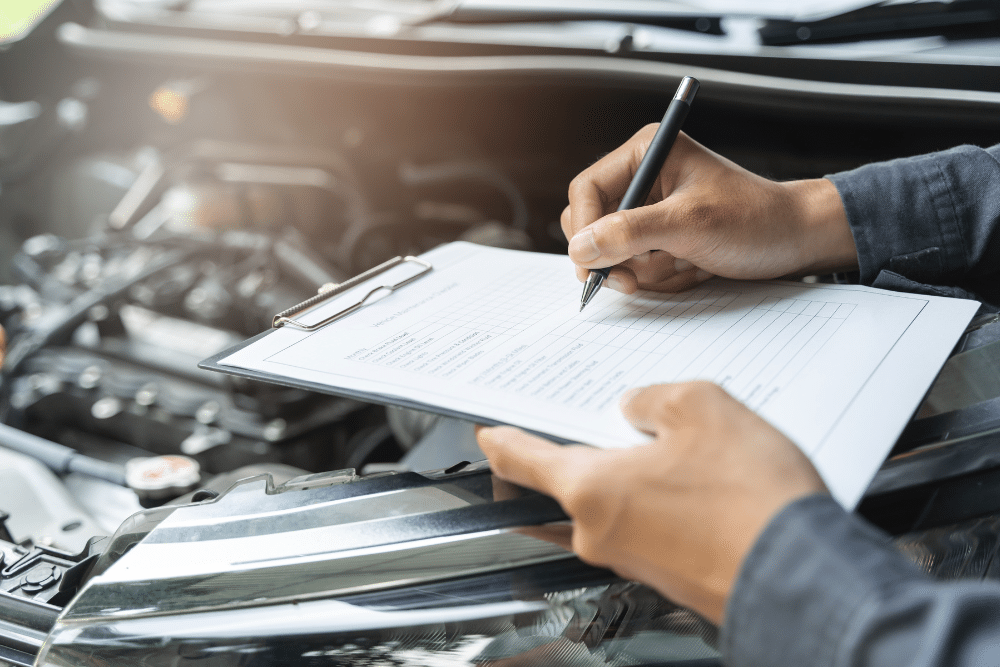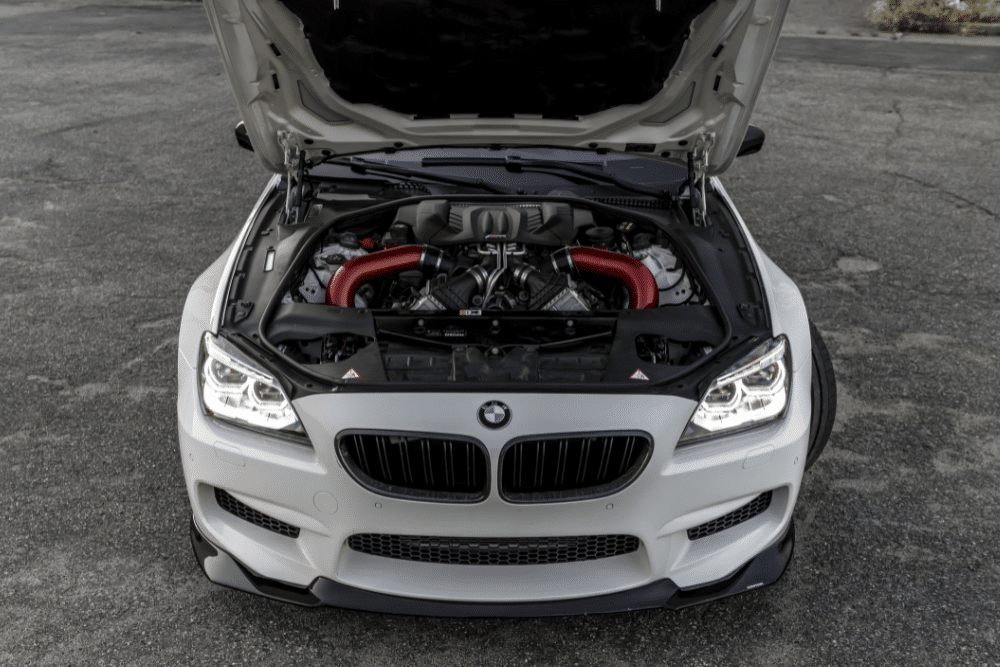For most of us, our vehicles are an indispensable part of daily life. Whether you’re commuting to work, running errands, or taking a road trip, you rely on your car to operate smoothly and safely. Regular engine inspections are crucial for maintaining your vehicle’s health and ensuring it stays in peak condition. Let’s dive into why engine inspections are important and what should be on your inspection checklist.
The Importance of Regular Engine Inspections
Regular engine inspections are not just about fixing problems as they arise—they’re about preventing issues from occurring in the first place. By conducting periodic checks, you can identify and address minor issues before they escalate into major repairs.
Preventive Maintenance Saves Money
Routine inspections can save you a significant amount of money in the long run. Catching a problem early on is typically far less expensive than dealing with a major breakdown. For instance, fixing a small coolant leak is much cheaper than replacing a warped engine block due to overheating.
Ensures Safety on the Road
Your vehicle’s engine is its beating heart. Just as a heart needs to be in good shape to keep a body healthy and functioning, your engine needs to be in top condition to ensure your car operates safely. Regular inspections can uncover potential safety issues, such as failing brakes or a worn suspension, that might otherwise lead to dangerous situations on the road.
Maintains Vehicle Value and Longevity
Regular engine inspections and maintenance can also help preserve the resale value of your vehicle. A well-maintained car with a documented service history is more appealing to potential buyers. Additionally, consistent care extends the life of your vehicle, letting you enjoy it for years to come without the need for costly repairs or replacements.
Key Elements of an Engine Inspection Checklist
An engine inspection checklist is a comprehensive list of components that should be examined regularly to ensure your car’s engine operates efficiently. While some checks can be done at home, others may require the expertise of a professional mechanic, especially for brands like Mercedes, BMW, and Audi, which may have specific inspection requirements.
Check Engine Light: Deciphering the Signals
The Check Engine Light (CEL) is your car’s way of telling you something is amiss. When it illuminates, it’s a clear indication that you need to check your engine. Modern vehicles come equipped with advanced diagnostic tools that mechanics use to read error codes generated by the car’s onboard computer, pinpointing issues that may not be immediately apparent.
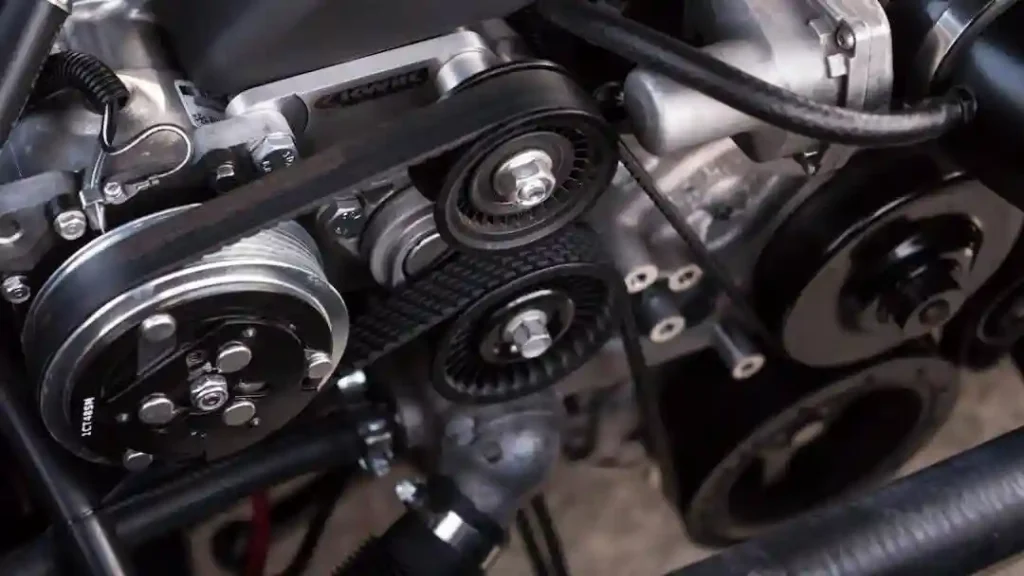
Engine Fluids: The Lifeblood of Your Vehicle
Engine oil, coolant, brake fluid, power steering fluid, and transmission fluid are vital to your vehicle’s performance. During an inspection, these fluids should be checked for proper levels and signs of leaks. For instance, oil leaks can cause significant engine damage if left unattended, while coolant leaks can lead to overheating and engine failure.
Wheel Alignment and Suspension: Keeping Your Ride Smooth
Wheel alignment and suspension checks are essential, particularly if you notice your vehicle pulling to one side or experience a rough ride. Misalignment can lead to uneven tire wear and can affect the handling of your vehicle, while suspension issues can compromise ride comfort and control.
Belts and Hoses: The Unsung Heroes
Belts and hoses may not seem critical, but they play important roles in your engine’s operation. A snapped belt or burst hose can lead to engine overheating, loss of power steering, or an electrical system failure. During an inspection, these components should be checked for cracks, wear, and tension to prevent unexpected breakdowns.
Battery and Electrical System: Powering Your Drive
Your vehicle’s battery and electrical system should also be included in your engine inspection checklist. A weak battery can leave you stranded, while a faulty electrical system can lead to a range of problems, from dim lights to engine misfires.
Air Filters: The Engine’s Lungs
Air filters prevent dirt and debris from entering the engine and affecting its performance. A dirty air filter can reduce fuel efficiency and power. It’s important to inspect and replace air filters as recommended by your vehicle’s manufacturer.
Special Considerations for Luxury Brand Inspections
Owners of luxury brands such as Mercedes, BMW, and Audi should be aware of specific inspection requirements for their vehicles. These cars often feature sophisticated engineering and advanced technology that necessitate specialized knowledge and tools.
Mercedes Inspections: Precision Engineering
Mercedes vehicles are known for their precision engineering and may require specialized diagnostic tools during inspections. It’s crucial to follow the manufacturer’s recommended inspection schedule to keep your Mercedes running smoothly.
BMW Inspections: The Ultimate Driving Machine
BMW inspections should focus on the unique aspects of the brand’s engineering, such as their high-performance engines and suspension systems. Regular inspections by a BMW specialist can ensure the “Ultimate Driving Machine” lives up to its name.
Audi Inspections: Vorsprung durch Technik
Audi’s motto, “Vorsprung durch Technik” (Advancement through Technology), means that their vehicles often include cutting-edge features that require expert attention during inspections. Audi specialists are trained to handle the complex systems found in these vehicles.
The Role of Professional Inspections
While there’s a lot that you can inspect on your own, professional inspections are an important aspect of vehicle maintenance. Professional mechanics have the experience, diagnostic tools, and knowledge required to thoroughly inspect and service your vehicle.
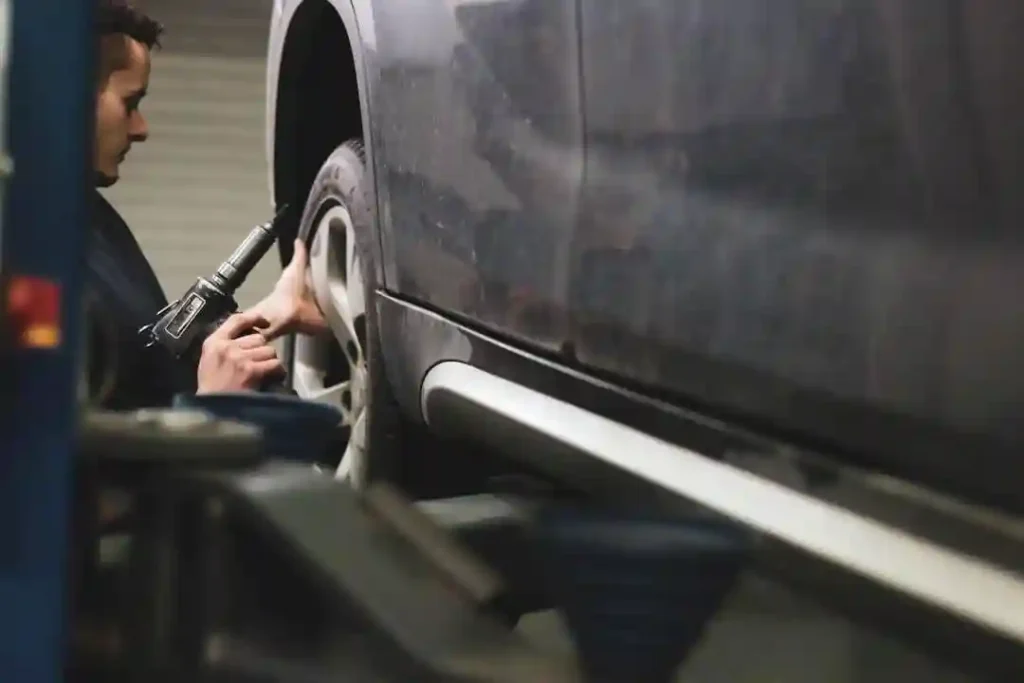
The Value of Expertise
A trained mechanic can identify issues that may not be obvious to the untrained eye. They can also provide valuable advice on preventive maintenance and potential future problems based on your vehicle’s make, model, and mileage.
Diagnostic Tools: Uncovering Hidden Issues
Professional mechanics use advanced diagnostic tools to quickly and accurately identify problems. These tools are especially important for complex vehicle systems and can save time and money by pinpointing issues without the need for trial and error.
Inspections: essential part of vehicle maintenance
In summary, regular engine inspections are an essential part of vehicle maintenance. They help prevent costly repairs, ensure safety, and maintain the value and longevity of your car. By following a comprehensive inspection checklist, paying special attention to the needs of luxury brands, and relying on the expertise of professional mechanics, you can keep your engine—and your vehicle—running strong for years to come. Remember, when it comes to car care, an ounce of prevention is worth a pound of cure.

